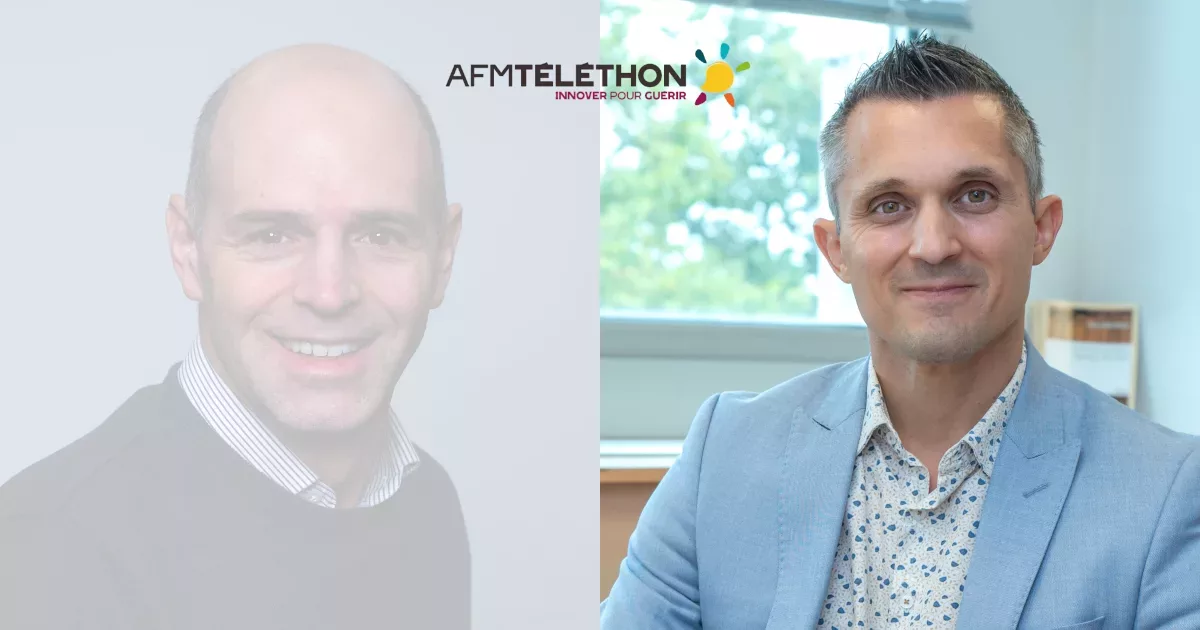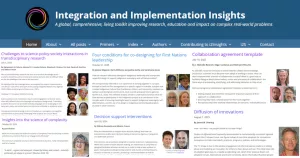Gérald Perret: “Généthon’s purpose is to develop treatments and deliver them as fast and as widely as possible”
The Généthon laboratory, set up and driven by the association AFM-Téléthon, works to develop gene therapy treatments with patients and their family as top priority. The second interview

Généthon was set up to decode the human genome, and a few years later, it began to work on gene therapy. Is its purpose to pioneer fields where public research or industry is not active?
Gérald Perret: Especially where the pharma industry does not go: on rare and ultra-rare diseases. Having spent part of my career in the pharma industry, I know that it is very difficult to convince these company to develop medications for a narrow market.
Could you describe some of Généthon’s key work and its unique capabilities?
G. P.: Today, Généthon is a leader in gene therapy. Its strength is its fully integrated structure. We can conduct activities from fundamental research, discovering disease causes, designing drug candidates, preparing and running clinical trials, all the way to registration. This is absolutely unique for a non-profit organization. We also have a link with Yposkesi, a spin-off from Généthon and the largest European platform for gene therapy manufacturing.
Could you explain what gene therapy drugs actually are?
G. P.: Basically, we are using genes as medicines. We transfer genes in the diseased organs of patients affected with rare genetic diseases in order to compensate for their pathogenic mutation. Genes do not enter cells spontaneously and we have to use molecular transporters to deliver the therapeutic genes into cells. Such transporters are usually derived from viruses which naturally can enter cells. These are extremely complex objects, far larger than a small molecule chemical drugs such as aspirin, requiring very high-level technologies to produce.
What is in Généthon’s clinical pipeline?
G. P.: We have 13 candidate drugs currently in clinical trials, about half of which Généthon manages directly as the sponsor. We expect 7 more candidates to enter clinical phase within the next three years. Our portfolio covers neuromuscular diseases like Duchenne or limb-girdle muscular dystrophies, and myotubular myopathy, as well as blood disorders (severe immunodeficiencies, sickle cell) and liver diseases like Crigler-Najjar syndrome.
Let’s focus on Duchenne muscular dystrophy.
G. P.: Duchenne is emblematic for AFM. It is a devastating disease affecting mostly boys with rapid muscle wasting and function loss: loss of walking occurs around age 12, respiratory assistance is needed before 20, and death typically between 20 and 40. We have a gene therapy program, GNT0004, for this disease. In the first three patients treated at an effective dose, we saw spectacular, unprecedented results over two years post-treatment, maintaining ambulatory function, even at a maximum score for one of the patients treated. For similar untreated patients followed in parallel, significant decline is obsreved. The patients are not fully cured: some biomarkers remain above normal, albeit significantly reduced. We need to confirm these results in a larger trial of 64 patients, planned to start this summer in France and the UK.
As Généthon develops and produces drugs, does that make AFM-Téléthon a non-profit pharmaceutical company?
G. P.: Yes, any profit generated would be absolutely reinvested in research. Our unique goal is to ensure that the treatment reach the patient. We have to strike a difficult balance: either we grant a licence to a for-profit company very early in the R&D process, in which case we have little or no control over the price or conditions. Or we try to maintain control. Ideally, we would develop all projects ourselves and manage the programs driven solely by patient interests including setting the lowest possible price. However, we do not have the means to fund all clinical programs, so we need partners. With partners, who are for-profit or investors, there will be a request for a return on investment – that is how pharma works. But it is crucial that the medication does not become inaccessible to patients.
AFM-Téléthon is run by patients and parents of patients. Does this influence clinical trials?
G. P.: The board of Généthon is controlled by the AFM, hence our global strategy is set by the patient organization, with always the patients’ interests and needs at the center of our actions. Besides that strategic vision, patient involvement is also crucial in clinical trials design and execution. Designing a trial without listening to patients makes no sense to me. It is quite naturally done here at Généthon. We have close links with patient representatives who help design both the drug requirements and how to verify that the medication meets patient needs. When I was in pharma industry, we more focused on doctors, who are prescribers, and on health authorities. But meeting the patient’s needs is the top priority.
So, are patients involved throughout the trial process?
G. P.: Yes, we have clinical advisory boards with clinicians, experts, and patients or patient representatives. They follow the design and implementation on strategic questions, even regarding safety or considering different patient populations. So, patients are indeed part of the design and follow-up of the trial implementation.
Does patient and parents’ involvement offer practical benefits beyond ethical considerations?
G. P.: I could answer that Généthon would not exist if it had not been created by the will of a patient organization and this is very practical. Also patients’ perspective is essential in precise understanding of the diseases and clinical trial design. Given the heterogeneity in diseases we are dealing with, parents are unbeatable for caring for their own child. They provide additional information that researchers or even clinicians might not have, as they live with the disease daily. This is a different, complementary knowledge that is valuable for trials. It is not just a question of morals or ethics: there is very strong added value.
Interview by Luc Allemand
SUBSCRIBE TO OUR NEWSLETTER
To stay up to date with our projects and the development of the EHC
Read more articles

Gian Francesco Giudice: “Ethical responsibility is essential in fundamental research”
From hypothetical black holes to environmental impact studies, CERN navigates risk, transparency, and moral responsibility at the frontiers of human

Dealing with the complexity of society and environment
A global toolkit for tackling complex problems with more than 600 different methods Ever wish you had a free toolkit

The Moon & the Global South: Voices, Risks & Promise
Researchers warn that without inclusive governance, the Moon could become “a new arena for old patterns of exclusion” When rockets

Borko Furht: “AI shouldn’t be given much autonomy without maintaining accountability”
Beyond Superintelligence: The Real Challenges of Keeping Humans ‘In the Loop’ Borko Furht is a professor in the department of